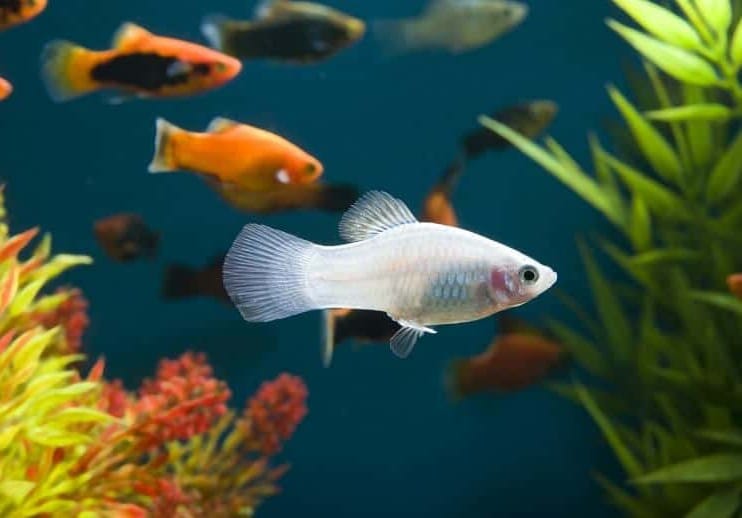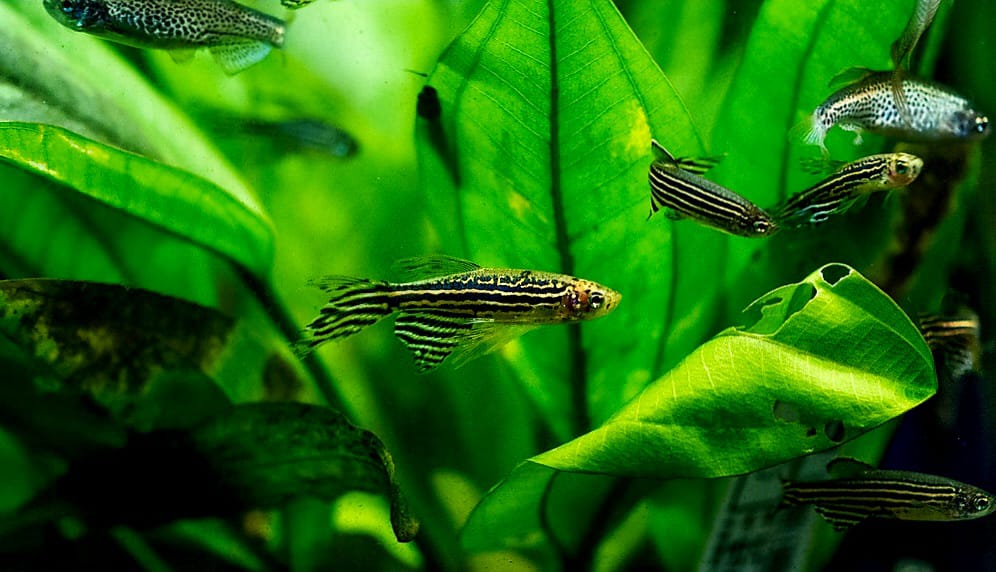Guppies are one of the most popular freshwater aquarium fish, loved for their bright colors, playful nature, and ease of care. They are often recommended for beginners due to their hardiness, but they still require proper care to thrive.
This guide covers everything you need to know about Guppy fish, from their history and diet to their behavior, health concerns, and tank requirements.
Table of Contents

Introduction
Guppies are small, active fish that bring life and color to any aquarium. They are well-known for their rapid breeding and ability to adapt to various environments.
Despite being considered low-maintenance, guppies need proper water conditions, a balanced diet, and adequate space to live healthily. This guide will help you understand how to care for these fascinating fish.
History and Origin
Guppy fish (Poecilia reticulata) are native to freshwater streams and rivers in South America, particularly in countries like Venezuela, Brazil, and Trinidad.
They were first discovered in the 19th century and later introduced to other parts of the world to help control mosquito populations due to their appetite for insect larvae. Today, guppies are bred worldwide in various colors and patterns.

Why Guppy Fish Were Created
Initially, guppies were valued for their role in pest control, as they effectively reduced mosquito populations by eating larvae. Over time, selective breeding transformed them into one of the most popular ornamental fish, known for their vibrant hues and unique tail patterns.
Today, guppies are bred mainly for their aesthetic appeal and ease of maintenance.
Freshwater or Saltwater Fish?
Guppies are freshwater fish, though they can tolerate slightly brackish water. They thrive in clean, well-oxygenated freshwater aquariums with stable conditions.
Physical Characteristics
Guppies are small, colorful fish with a variety of fin shapes and patterns. Their characteristics include:
- Size: Typically 1.5 to 2.5 inches in length.
- Color Variations: A wide range, including blue, red, yellow, green, black, and multicolored patterns.
- Tail Types: Fan, Delta, Sword, and Lyretail are common varieties.
- Lifespan: With proper care, guppies can live between 2 to 3 years.

Choosing the Right Guppy Fish
When selecting guppies, consider the following:
- Tank Size: A minimum of 10 gallons is recommended for a small group of guppies.
- Health: Choose active fish with vibrant colors and no signs of disease.
- Male vs. Female: Males are more colorful and have larger tails, while females are larger but less vibrant.
Diet and Nutrition
Guppies are omnivores and require a varied diet for optimal health. Their diet includes:
- Flakes or Pellets: High-quality guppy-specific flakes or micro pellets.
- Live or Frozen Food: Brine shrimp, daphnia, and bloodworms provide additional nutrients.
- Vegetables: Blanched spinach or zucchini can be given occasionally.
- Feeding Schedule: Feed small amounts 1-2 times per day, ensuring no excess food is left to rot in the tank.
Fun Facts About Guppy Fish
- Guppies are often called “Millionfish” because of their fast breeding rate.
- They can recognize their owners and may swim excitedly when approached.
- Guppies can change color based on their mood and environment.
- Males perform elaborate courtship displays to attract females.

Guppy Fish Tank Requirements
- Water Quality: Guppies prefer clean water with a temperature of 72-82°F (22-28°C).
- Filtration System: A gentle filter is recommended to prevent strong currents.
- Tank Size: A minimum of 10 gallons is best for a small guppy colony.
- Plants and Decorations: Live plants like Java moss and Anubias create a natural environment and provide hiding spots.
Filtering System
A proper filtration system is essential to keep the water clean and free from harmful toxins. Guppies prefer:
- Sponge Filters: Ideal for small tanks as they provide gentle filtration without strong currents.
- Hang-On-Back Filters: Effective for larger tanks while maintaining steady water flow.
- Regular Maintenance: Filters should be cleaned every few weeks, and partial water changes should be done regularly to maintain optimal water conditions.
Is It a Fighting Fish?
No, guppies are peaceful fish and can coexist with other non-aggressive species. However, males may occasionally display territorial behavior toward each other if the tank is overcrowded.

Types of Fish That Can and Cannot Be Bred with Guppies
Compatible Tank Mates:
- Mollies
- Platies
- Corydoras Catfish
- Neon Tetras
Incompatible Tank Mates:
- Betta Fish (may become aggressive)
- Large Cichlids (can prey on guppies)
- Tiger Barbs (may nip at guppy fins)
- Goldfish (require different water conditions)
Guppy Fish Behavior and Social Traits
Guppies are social, active swimmers that thrive in groups. They exhibit behaviors such as:
- Schooling: Prefer to stay in small groups.
- Playful Swimming: Enjoy exploring their environment.
- Hierarchy Establishment: Males may occasionally compete for dominance.
Common Guppy Fish Health Problems
- Fin Rot: Caused by bacterial infections or poor water conditions.
- Ich (White Spot Disease): A common parasitic infection.
- Dropsy: A condition where the fish swells due to organ failure.
- Preventative Measures: Regular water changes, proper diet, and avoiding overcrowding can help prevent diseases.

Challenges Breeders Face
- Maintaining genetic diversity to avoid weak offspring.
- Controlling population growth due to rapid breeding.
- Ensuring proper tank conditions for fry survival.
Advantages for Guppy Fish Breeders
- High demand for rare and unique color variations.
- Easy to breed with minimal intervention.
- Profitable for those who specialize in designer guppy strains.
Guppy Fish Myths and Misconceptions
- Guppies Don’t Need a Filter: Proper filtration is crucial for their health.
- Guppies Can Live in Small Bowls: They need at least 10 gallons for a healthy environment.
- All Guppies Are the Same: Selective breeding has produced hundreds of different varieties.

Learn More About Fish Breed
Understanding different fish breeds is essential for providing the best care, as each species has unique requirements for habitat, diet, and social behavior. If you are interested in learning more about “Goldfish, check out our in-depth guide: Goldfish Care Guide”.
If you like to know about Betta Fish you can read our article about batta fish “Betta Fish for Beginners: A Complete Care Guide“
Final Thoughts
Guppies are beautiful, lively, and easy-to-care-for fish, making them an excellent choice for beginners and experienced aquarists alike.
Their peaceful nature, bright colors, and fascinating behaviors make them a joy to keep. With the right setup and care, guppies can thrive and add charm to any aquarium.
FAQs
How many guppies should be together?
At least three, preferably in a ratio of one male to two or more females to prevent stress.
What do guppies eat?
They eat fish flakes, pellets, live or frozen foods like brine shrimp, and vegetables.
What is the lifespan of a guppy?
Guppies typically live 1.5 to 3 years with proper care.
Why are guppies called guppies?
They were named after Robert John Lechmere Guppy, who helped introduce them to science.
How do We preserve the guppy’s unique color and fins for future generations?
Selective breeding—pairing guppies with desired traits—helps maintain their colors and fin patterns.




1 Comment
Pingback: Molly Fish for Beginners: Why They’re Great for First-Time Fish Owners - Pet Bonded